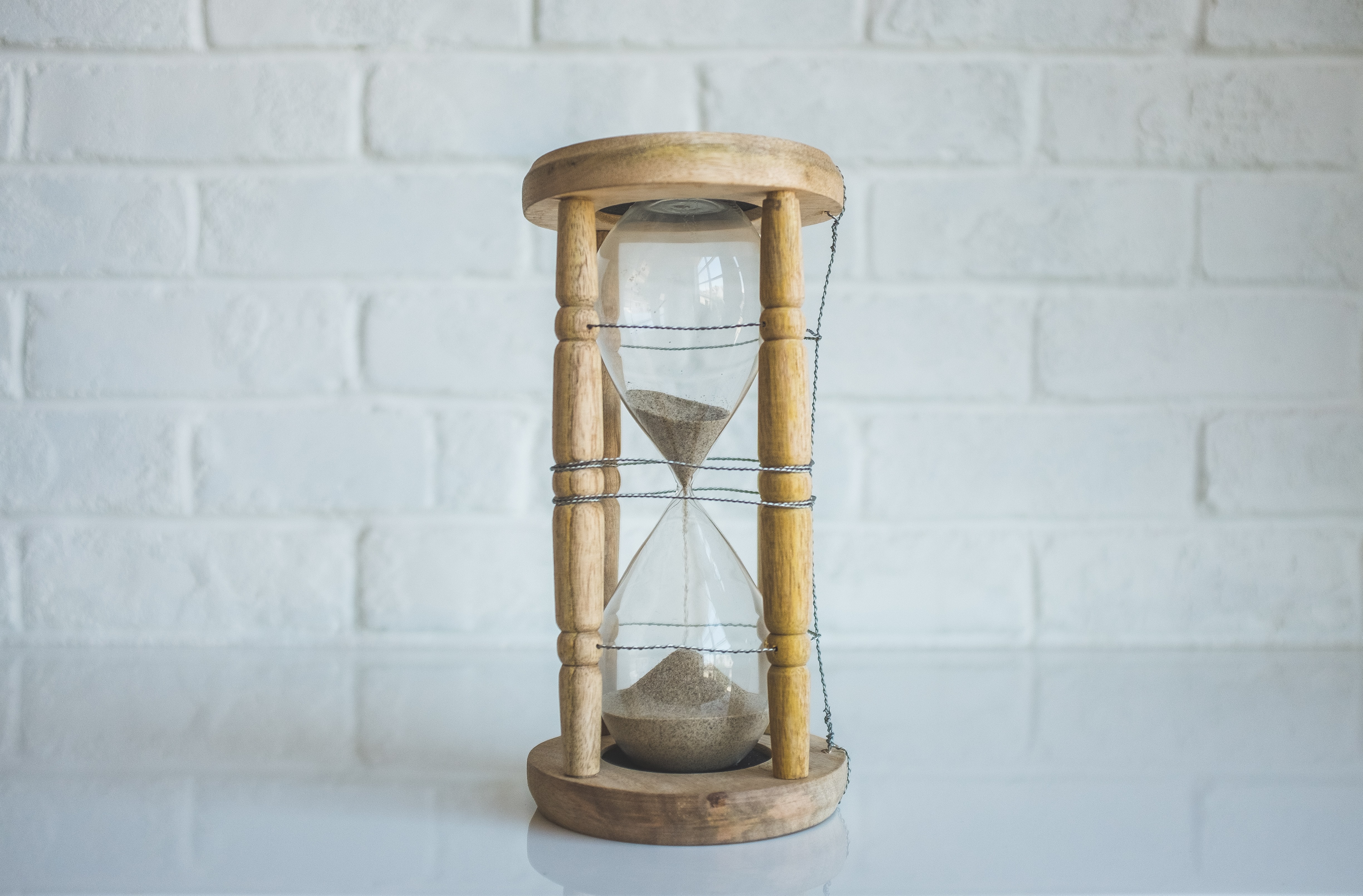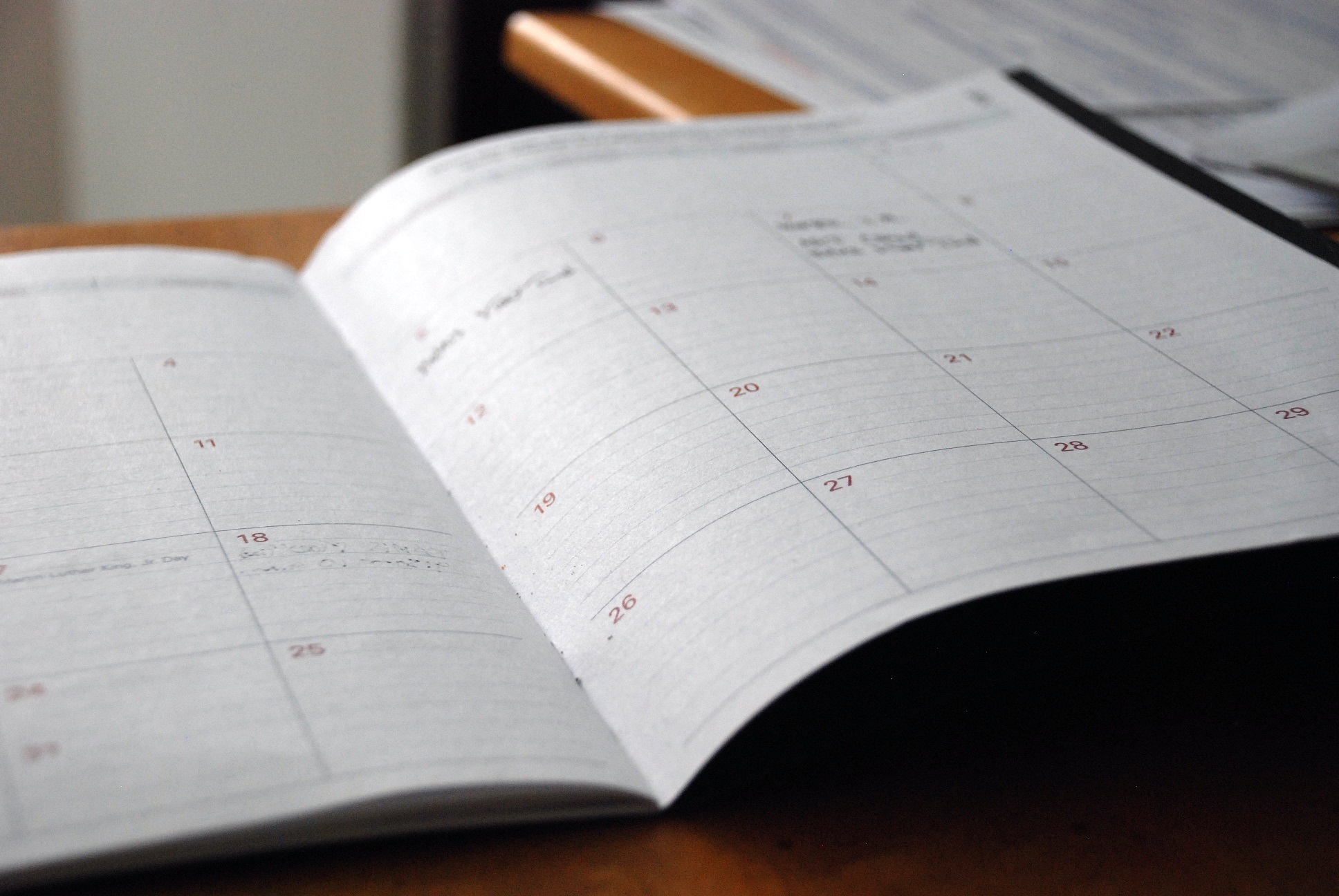Climate change is our most urgent problem, and it is already here and wreaking havoc. Yet, people are not changing their behavior fast enough. Heck, there are even climate change deniers out there.
This post is an attempt to think about how we think about climate change.
Part 1: On the tragedy of the commons
Let’s start with a made-up story of a typical Californian:
“These floods in Europe are terrible! I have never seen anything like that happen in Europe! Ghosh, global warming is for real, and I wish people did something to fix the issue.”
I say these to myself after I hear a story about it in the radio, as my drive my fossil fuel-powered car.
“It’s so hot here today; it must be global warming as well,” I mutter to myself as I crank up the A/C in the car and take another sip of the ice tea that I got as takeout in a plastic cup sometime back.
“I mean, everyone is just selfish and thinking about themselves. It’s a tragedy of the commons! No one has any incentive to fix their behavior. I should probably read a book about global warming, and perhaps the latest one from David Attenborough should be good.”
I pull over into my driveway. Before I exit the car, I look up the book on Amazon.
“Let me order it right now and choose one-day fast shipping so that the book gets delivered to me as soon as possible — this is an important topic!”
As I exit the car, I think, “Ghosh, my neighbor got another truck? That one looks so nice. Yeah, but my house is bigger than his, even though I live alone. That alone should prove I am doing better than him. And look at my lawn! It’s nice and green!”
The above is a fictional account of the disconnect between our actions (over-consumption etc.) and what we need to do to fight climate change.
Our protagonist is correct in deducing the tragedy of commons.
The point here is not to make fun of Californians — it is about the discrepancy between our thoughts and actions. We all do this in some form or another.
Part 2: On the lack of urgency
Climate change is our most urgent problem. But when I look around the people I know, the urgency doesn’t come through. Most people think climate change is essential to tackle, but nobody wants to change themselves. And there are even people who still want to debate about the reality of climate change.
But we shouldn’t be surprised that the urgency is lost. When people don’t see the consequences, they don’t act on it — very typical human nature.
We don’t plan for retirement since it is far away.
Smoking may cause cancer when we get old. But we are not old. So why bother?
Even if we eat unhealthy food, the body doesn’t seem to change immediately. So let’s enjoy the present moment?
Most people I know in the western world lead a pretty comfortable life, and they don’t see the impact of the problem. So it is hard for them to act on it. In California, there is a drought. Or so they tell me. When I open the tap, the water still comes. It still comes 24 hours a day and seven days a week. And it looks like I can waste as much as I want.
Back in India, when they announce there is a drought, you see that there is a drought. The water doesn’t come, and the drought is tangible. Back in California, people are still watering their lawns.
And when they tell you to reduce your water intake because we are in a drought, you will do that. In California, you hear it, but it doesn’t register.
Part 3: Thoughts on personal responsibility
This brings us to the final part of the post. On the one hand, it is hard to change people, but on the other hand, it turns out that even if people change their behavior, it won’t have a sizable effect. What we need to do is well articulated in this video by the popular YouTube Channel Kurzgesagt – In a Nutshell.

 Put compounding to work by focusing on fewer things
Put compounding to work by focusing on fewer things